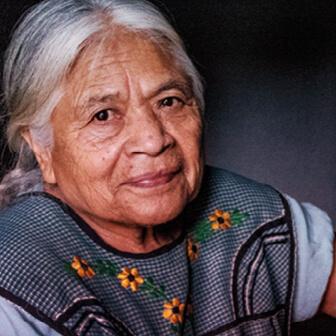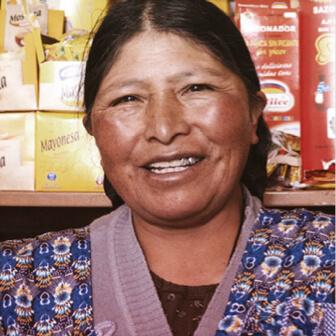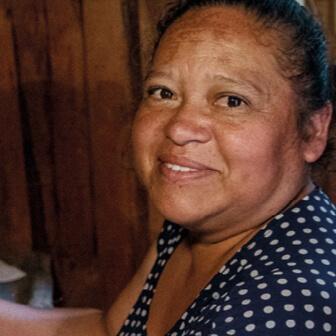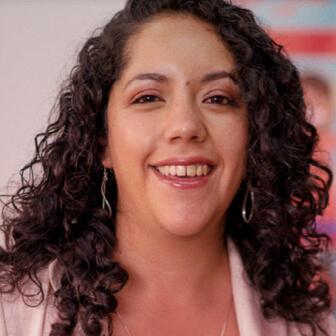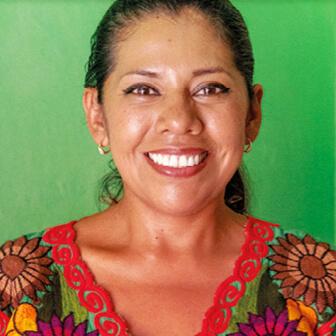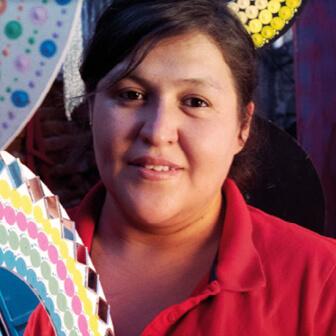6 Q&As Regarding Regulation in Bolivia with Country Director, Gonzalo Alaiza
14 julio, 2011
Voices from the Field
By Gonzalo Alaiza Alborta, Director of Pro Mujer in Bolivia
1. What does it mean to be regulated in Bolivia? Please give an overview on what it is – whose mandate is it and when does it start and end?
La Autoridad de Supervisión del Sistema Financiero, or ASFI as it is commonly known here, is the government entity tasked with regulating our country’s financial system. This institution has been in place for more than 30 years and it is considered to be very prestigious and important to be regulated by them.
The regulation for non-governmental organizations or non-profit organizations, which are considered Financial Development Institutions (FDIs) in Bolivia, began in 2008 through ASFI. This Directive states that after obtaining the certificate of adequacy, the FDI has one year to adhere to ASFI’s standards and obtain an operating license. All FDIs are in the process, but none have yet obtained an operating license.
2. How it does impact Pro Mujer in Bolivia and Pro Mujer as an organization? What are the implications of this initiative?
Several years ago Pro Mujer in Bolivia (PMB) decided to self-regulate. This proved to be a very good signal to the market and to all stakeholders in general, since it demonstrated Pro Mujer’s commitment to carry out sound management and operational practices. Becoming regulated would be a major advance for the entire Pro Mujer organization since ASFI is recognized both nationally and internationally.
3. How does this fit in with our overall strategy?
Pro Mujer’s overall strategy is not affected since PMB’s strategy and vision is obviously aligned with the rest of the organization.
4. What are the benefits to the organization and our clients?
The main benefit for Pro Mujer is that this initiative formalizes sound business practices which we have already have had in place for years for things such as financial, credit and operational management, as well as control and risk mitigation. It will also offer us the opportunity to obtain financing from local institutions that only lend to Bolivian organizations and not international entities.
Another important advantage will be the ability for us to accept savings deposits, which has two important implications. Once we receive our operating license, it may allow us to fund our operations in the future at a possibly lower interest rate. Secondly, it will allow our clients to be able to open up savings accounts directly with us. This will not only be an added convenience by complementing other services currently provided in our centers, but more importantly it will allow them to create a much-needed financial safety net to protect them in case of major life setbacks such as lackluster sales related to their businesses, accidents or serious illnesses.
5. Will there be any negative effects?
As a result of being regulated, we will be subject to report on more information. While this will help us improve our processes, it also implies greater costs for us as an organization. These costs will reduce the resources we have available to continue expansion in order to reach more women and fulfill our mission, however, with so many steadfast friends and supporters I’m confident that we will continue to advance it.
6. How long will it take to become a regulated organization?
FDIs are unique in the sense that they do not just provide financial services but also provide complementary services such as our case where we also provide training and health care. Part of the answer to this question depends on ASFI clarifying outstanding questions about the legal categorization of FDIs as well as finalizing the regulations governing them.
All that being said, we are well on our way to obtaining our certificate of regulation which we should receive in approximately 60-90 days. Afterwards, we’ll have approximately one year to comply with ASFI’s standards, so we hope to receive our operating license at some point in 2012.
